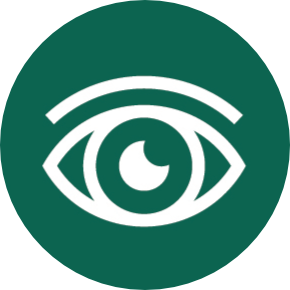Optometry is a healthcare profession concerned with the health of the eyes and related structures, as well as visual systems and vision information processing in humans. Optometrists (or Doctors of Optometry) are primary healthcare specialists trained to diagnose, treat, and manage vision changes and eye diseases.
Who Performs Optometry?
Optometrists are the primary healthcare practitioners of the eye and visual system. They provide comprehensive eye and vision care, which includes refraction and dispensing, detection and diagnosis of eye diseases, and the management of eye disorders.
When is Optometry Required?
Regular optometric consultations are essential for:
- Routine Vision Exams: To ensure healthy vision and update prescriptions.
- Eye Health Maintenance: Detecting early signs of eye disease like glaucoma or cataracts.
- Vision Problems: Addressing issues like nearsightedness, farsightedness, and astigmatism.
- Age-Related Vision Changes: Particularly in older adults who may experience presbyopia or macular degeneration.
Typical Diseases Associated with Optometry
Optometrists deal with various eye and vision-related conditions, including:
- Refractive Errors: Such as myopia (nearsightedness), hyperopia (farsightedness), astigmatism, and presbyopia.
- Eye Diseases: Like glaucoma, cataracts, diabetic retinopathy, and macular degeneration.
- Binocular Vision Disorders: Affecting the ability to coordinate both eyes.
- Dry Eye and Ocular Surface Disorders.
Procedures and Treatments in Optometry
Optometrists employ a range of procedures and treatments:
- Vision Tests: Assessing visual acuity and prescribing corrective lenses.
- Eye Examinations: Including slit lamp examinations and fundoscopy.
- Therapeutic Drugs: For various eye conditions.
- Low Vision Aids: For patients with significant visual impairment.
- Pre- and Post-operative Care: For patients undergoing eye surgery.
Who Does Optometry Affect?
Optometry services are essential for people of all ages. Regular eye examinations are crucial for children to ensure proper vision development, adults for maintaining vision health and detecting early signs of eye disease, and seniors who are at higher risk for age-related ocular conditions.

